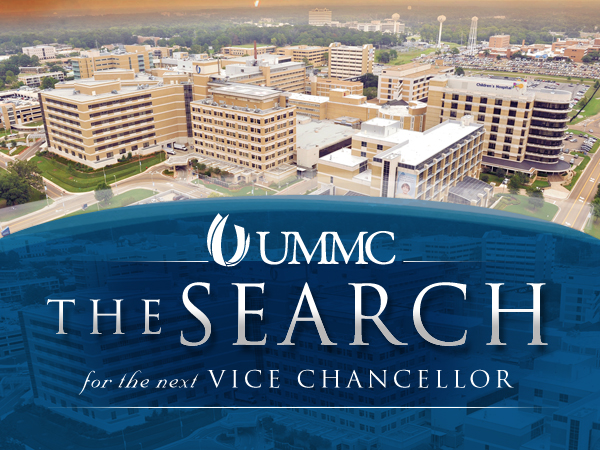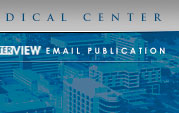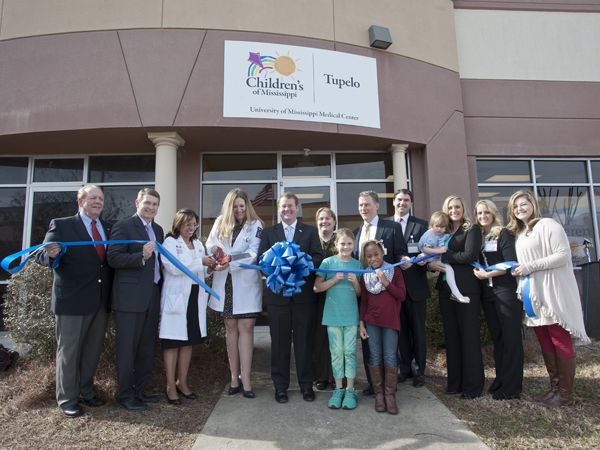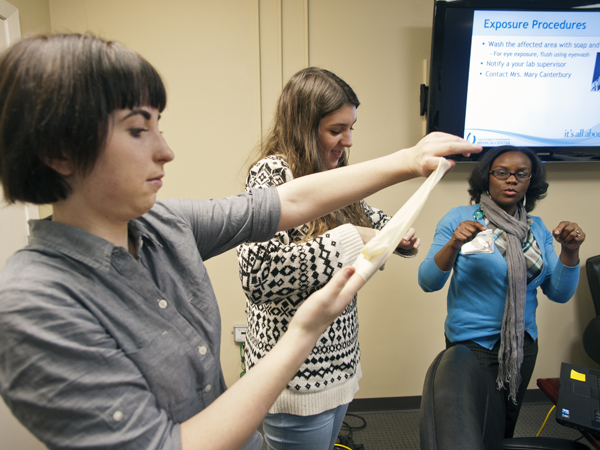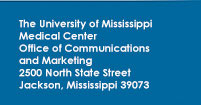|
Students from Clinton High and Madison Central High are getting to observe biomedical research in a variety of areas including kidney disease, high blood pressure, neuroscience and cell biology as part of the annual Discovery U high school program at the University of Mississippi Medical Center. “Students spend a semester on our campus, coming once a week, rotating through different labs to get exposure biomedical research,” said Michael Ryan, associate dean of student affairs in the School of Graduate Studies in the Health Sciences, associate professor of physiology and biophysics, and Discovery U program director. Discovery U, a Graduate School initiative, encompasses multiple outreach programs that seek to interest K-12 and undergraduate students in biomedical research and health-science careers. It’s Clinton High’s third year to take part in the Discovery U high school program and the second year for Madison Central teens. Most participants are graduating seniors. “We’re hoping to expand it to other schools in the future,” Ryan said. Before the program begins, students take part in an orientation session led by Graduate School faculty and staff and campus safety experts. Madison Central students going through orientation in January were fingerprinted in the Human Resources Department – standard for UMMC employees and a learning opportunity for the students – and got an overview of the program before taking a campus tour. Because their time will primarily be spent in laboratories, students got a thorough lesson in the potential hazards involved in research. During their visits, they won’t be allowed to use equipment or take part in actual research, but they’ll learn their way around a lab while observing scientists at work. “In some of the labs, you’ll have compressed gas cylinders,” Yolanda Griffin, UMMC’s biological safety officer, told the students. “Make sure you don’t turn them over.” Biohazards they could potentially see include blood and body fluids and certain chemicals used in research, she said. Researchers wear gloves and protective glasses as part of what’s known as personal protective equipment, Griffin said. “The take-home message from this is don’t go into areas where you are not authorized,” she said. Paige Hart, 17, said she’s in the program because “it sounded like a really good opportunity.” Most of the eight students from her school are enrolled in a biomedical research class, she said. The chance to observe researchers also was too good to pass up for 16-year-old Kayla Lovitt. The junior previously enrolled in her school’s biomedical research course she said she quickly understood it would be beneficial to see how labs actually worked. “I’m looking at going to medical school, but (Discovery U) is a great opportunity for me to check out all my options. “It’s going to be a struggle to balance this with all my classes, but I’ll be able to balance it all.” Said 16-year-old junior Anne Carrie Swoope: “I want to see what they do, and how they do the procedures. Observing is so cool.”
|

